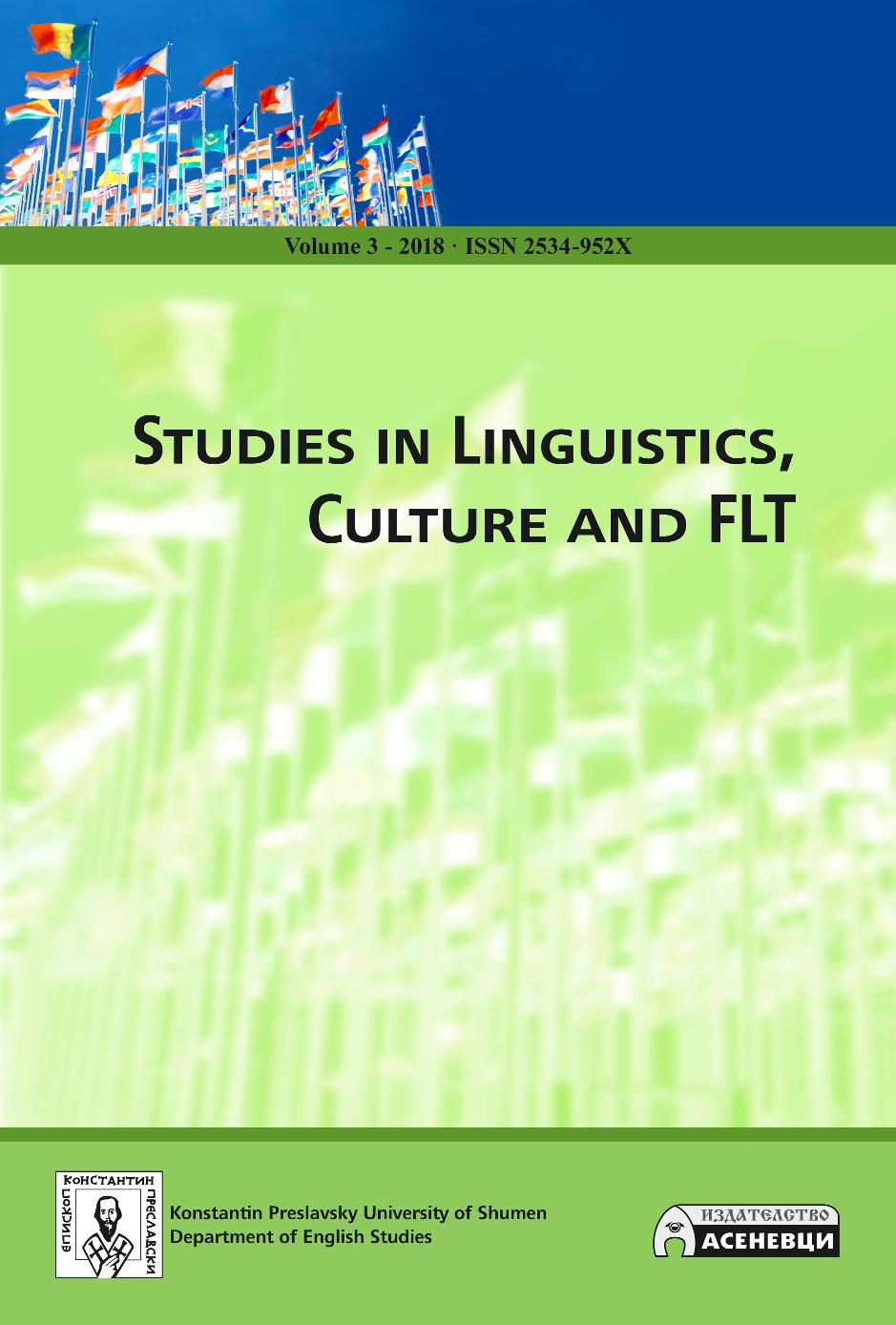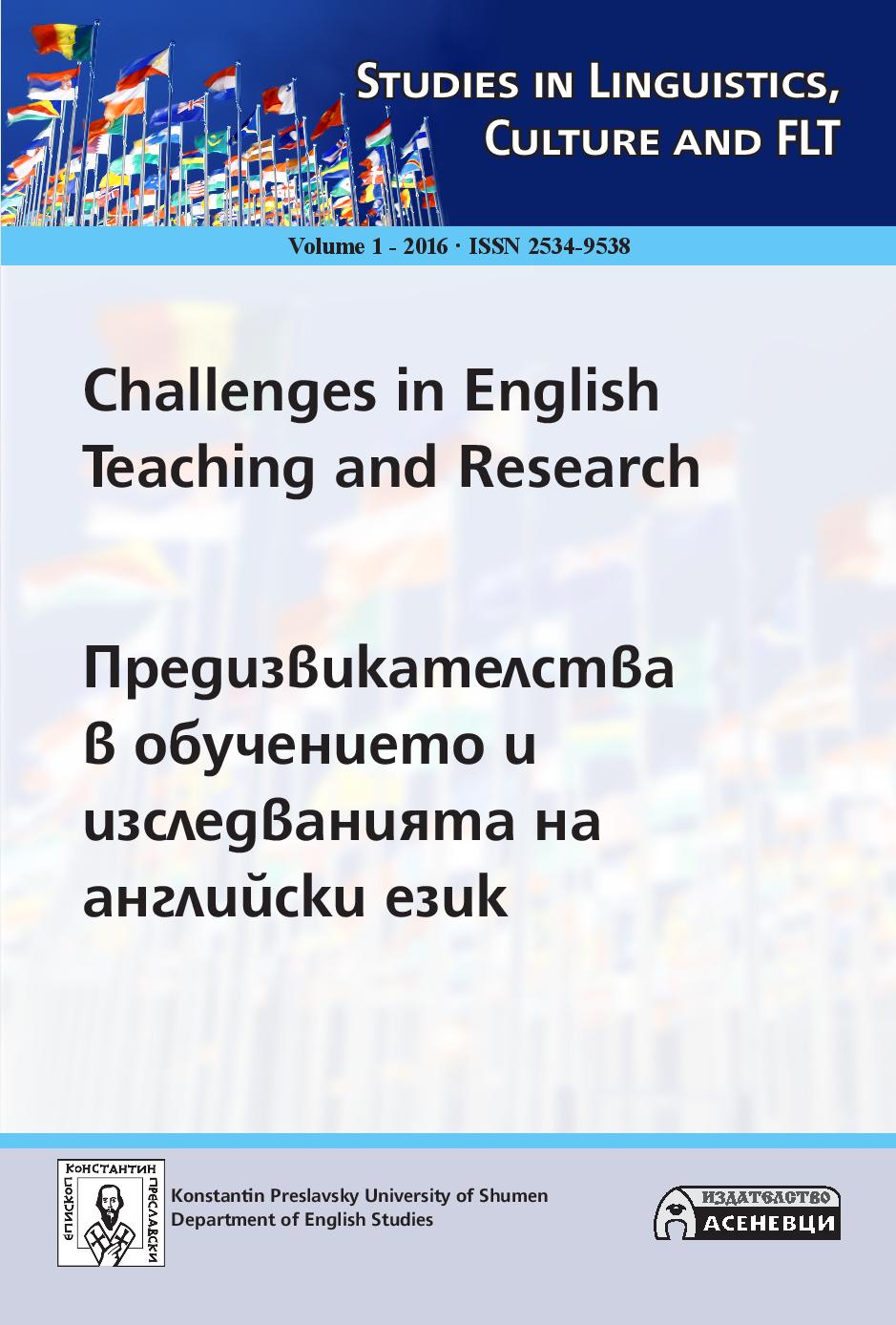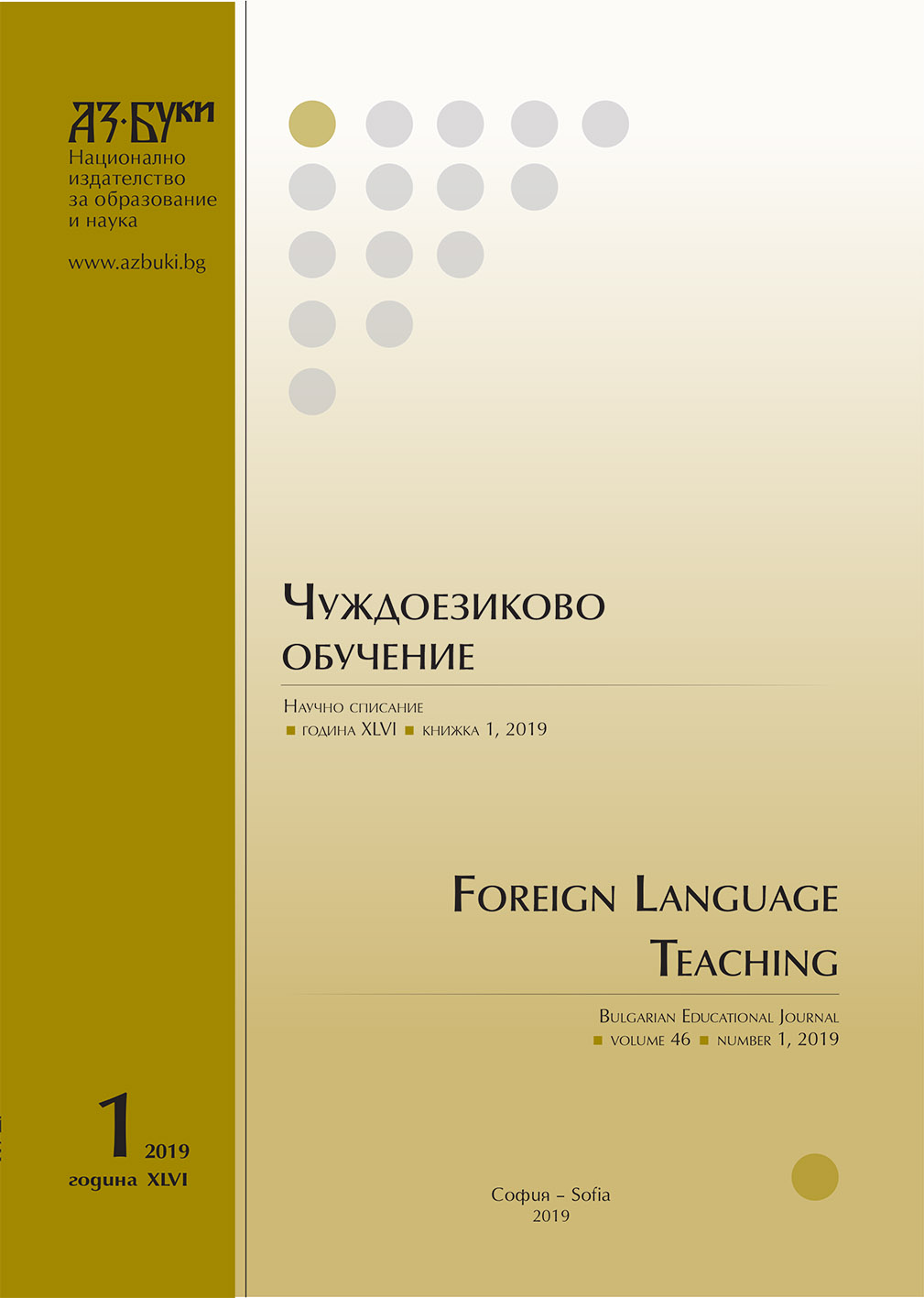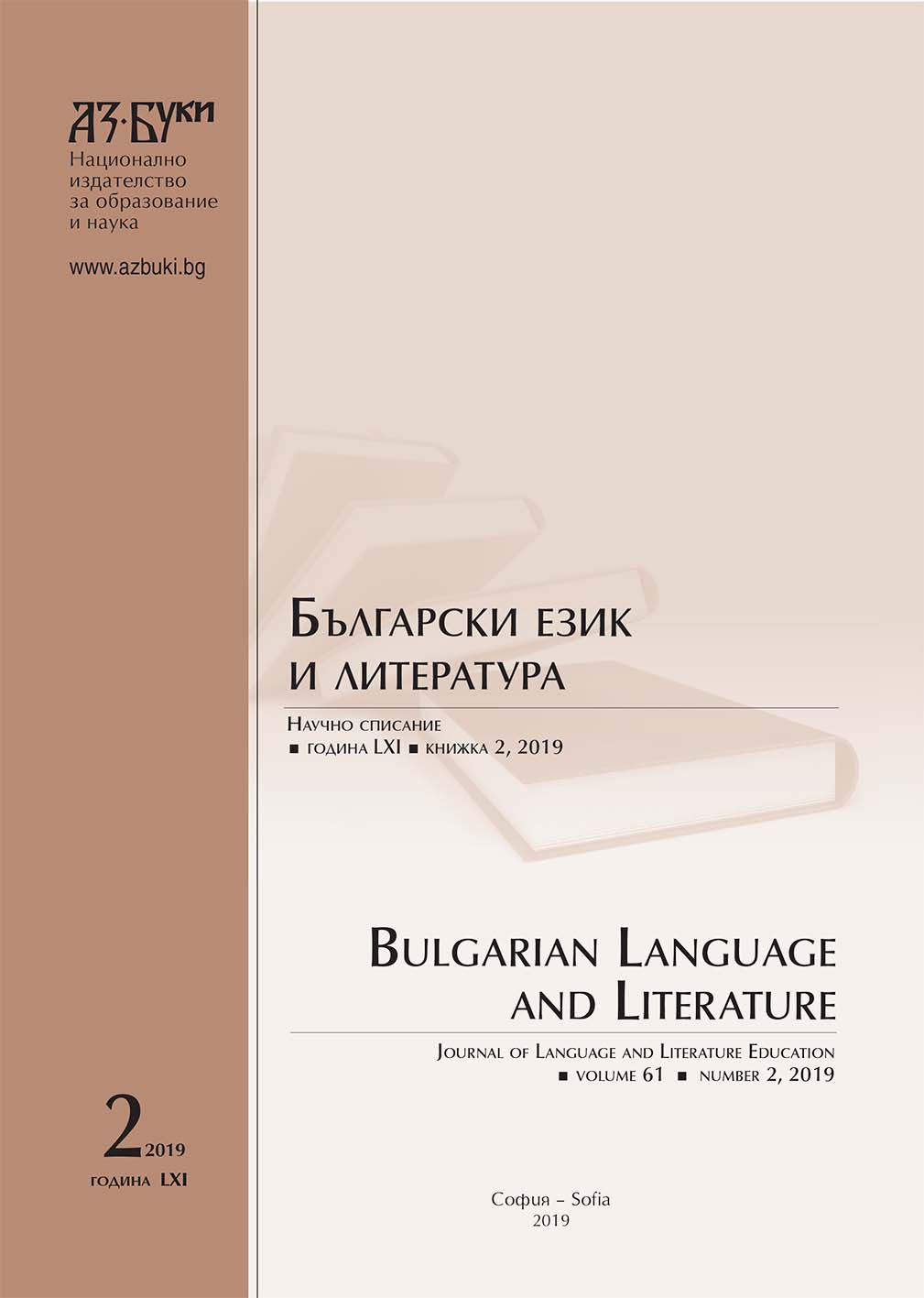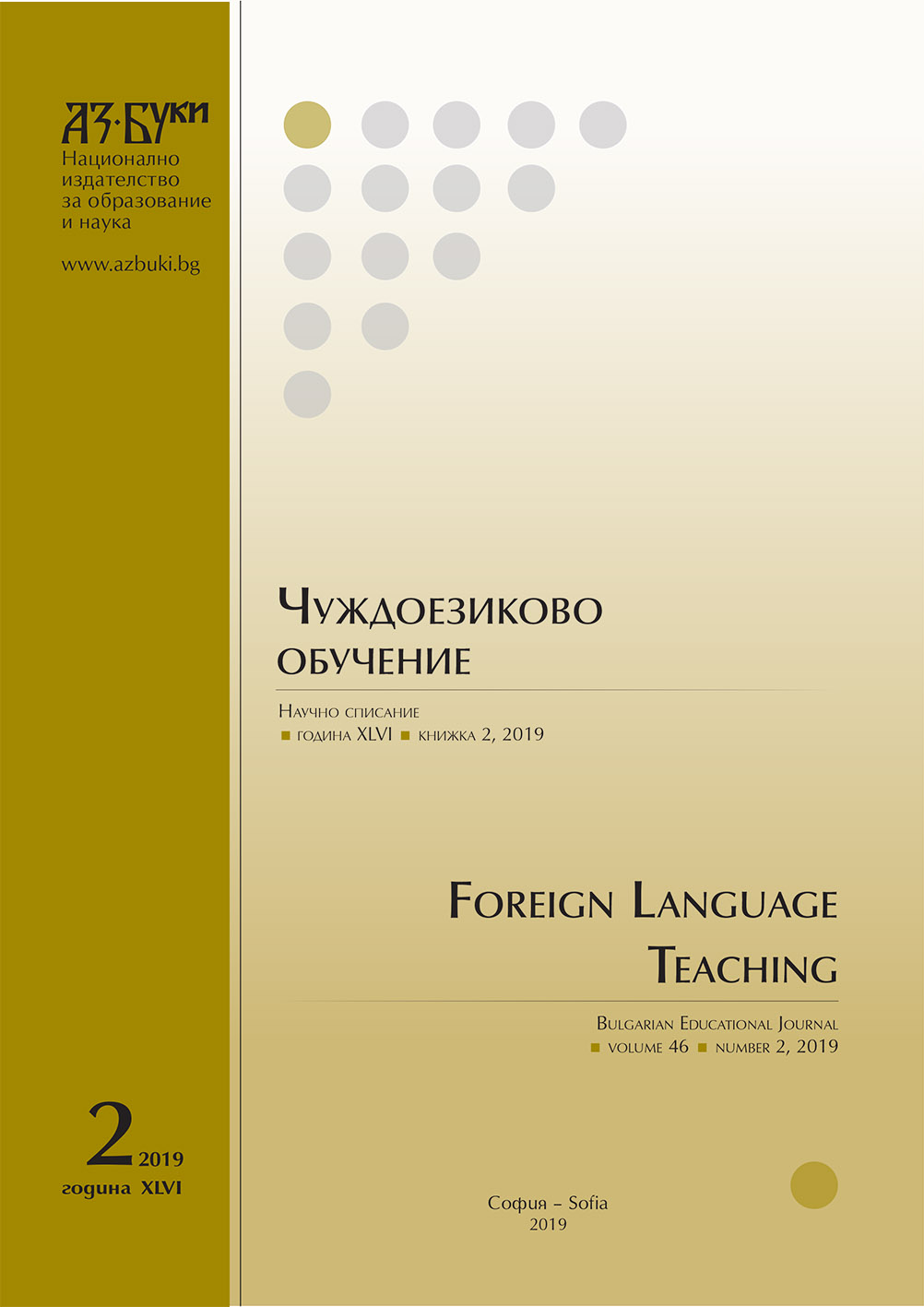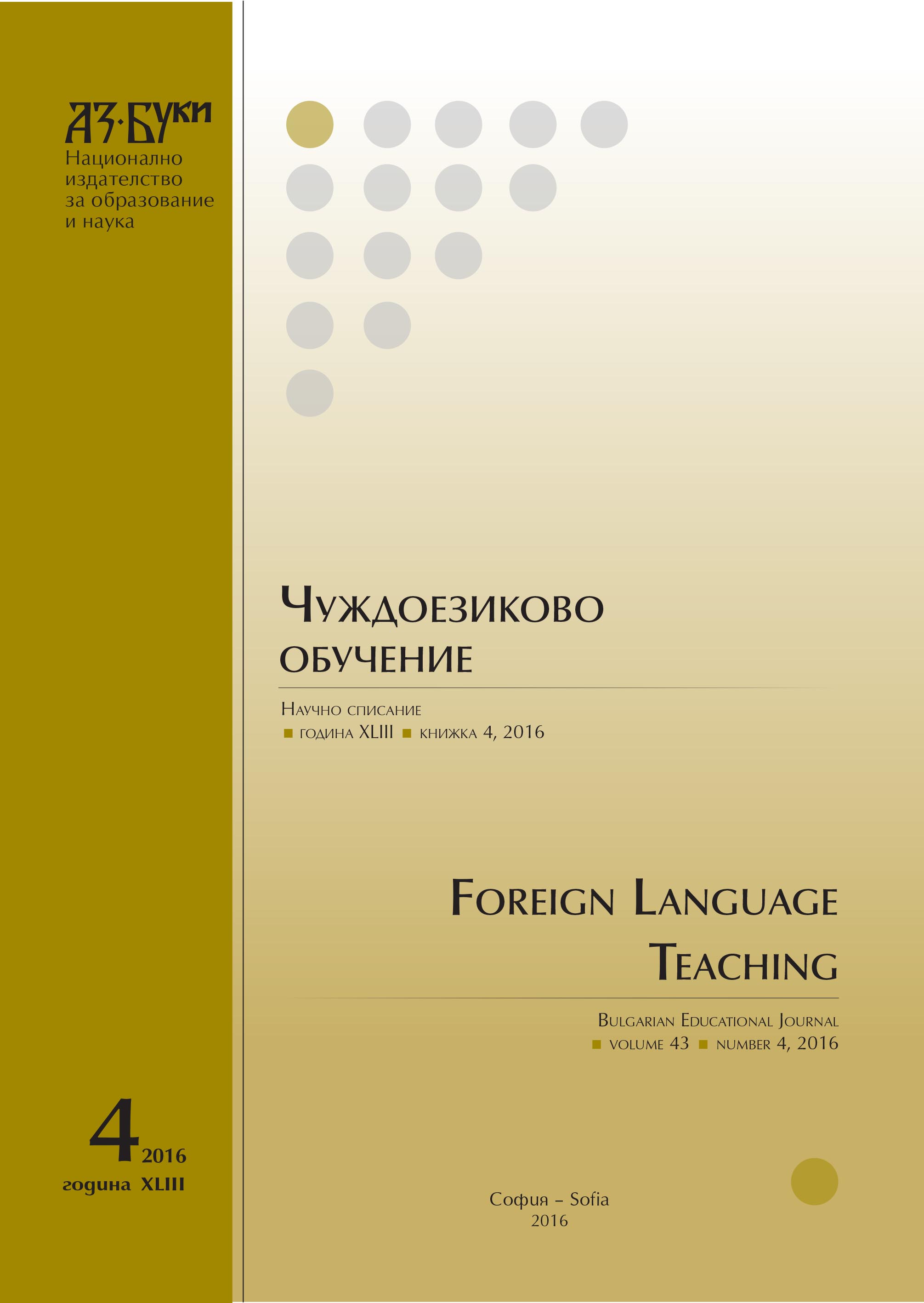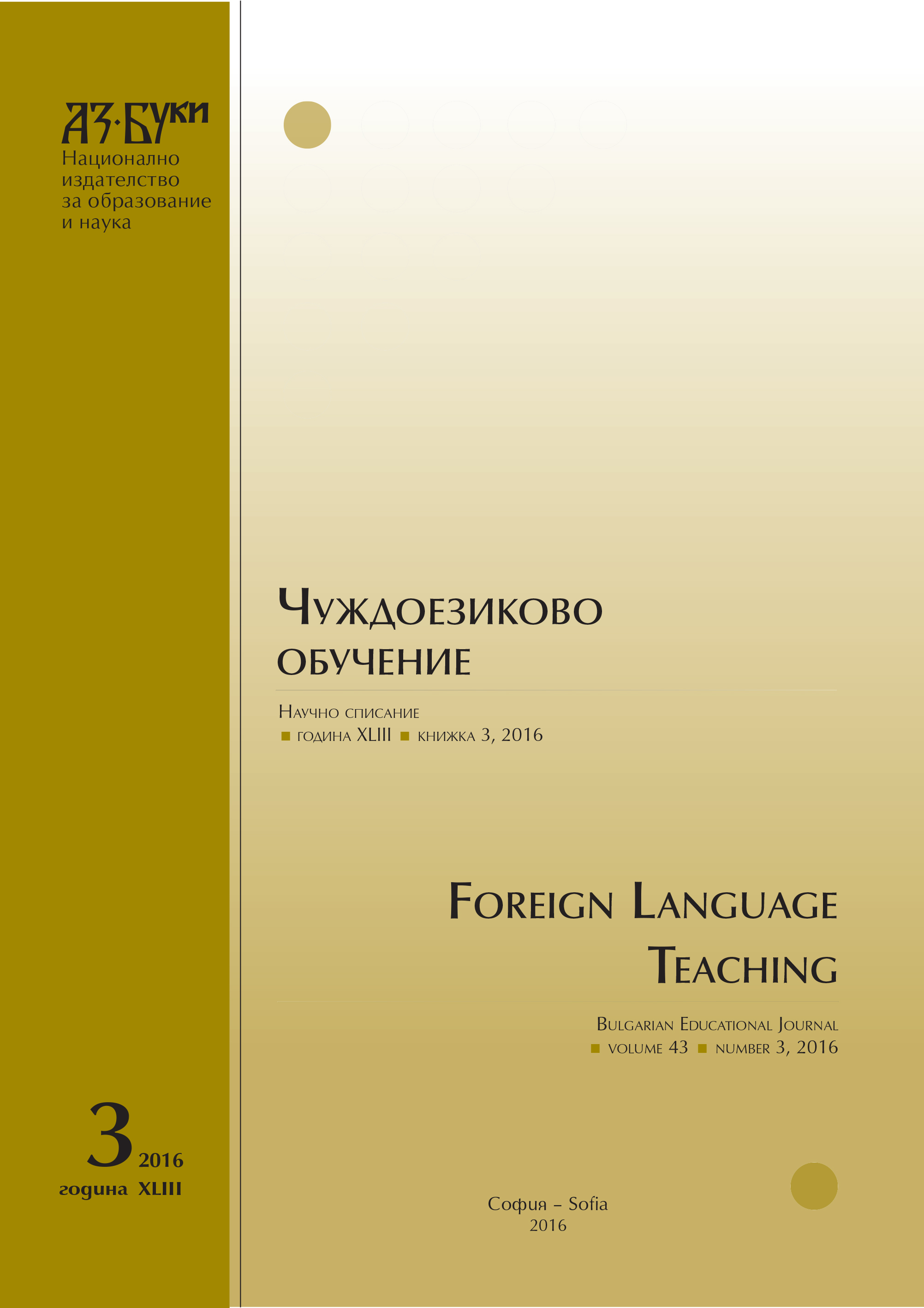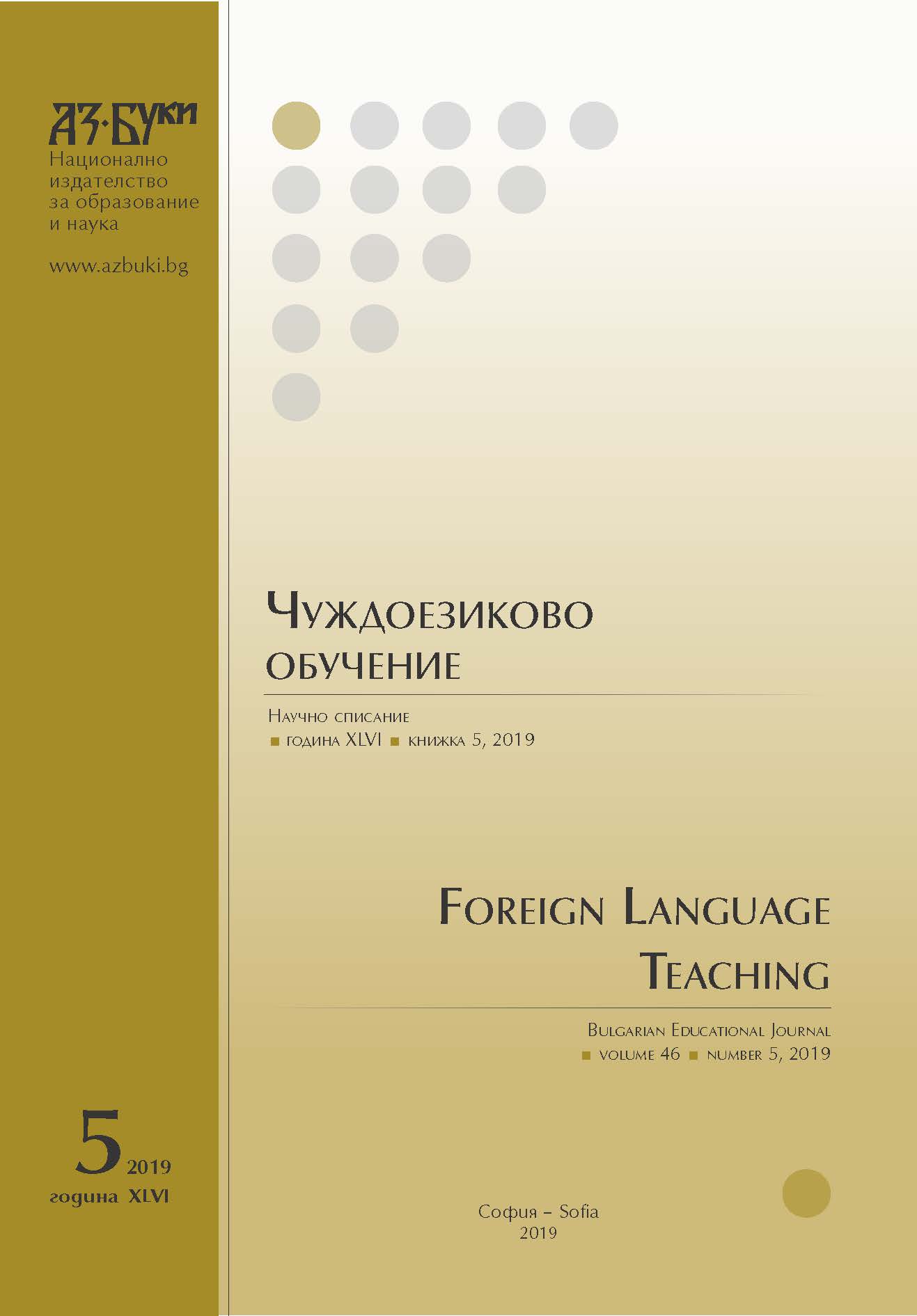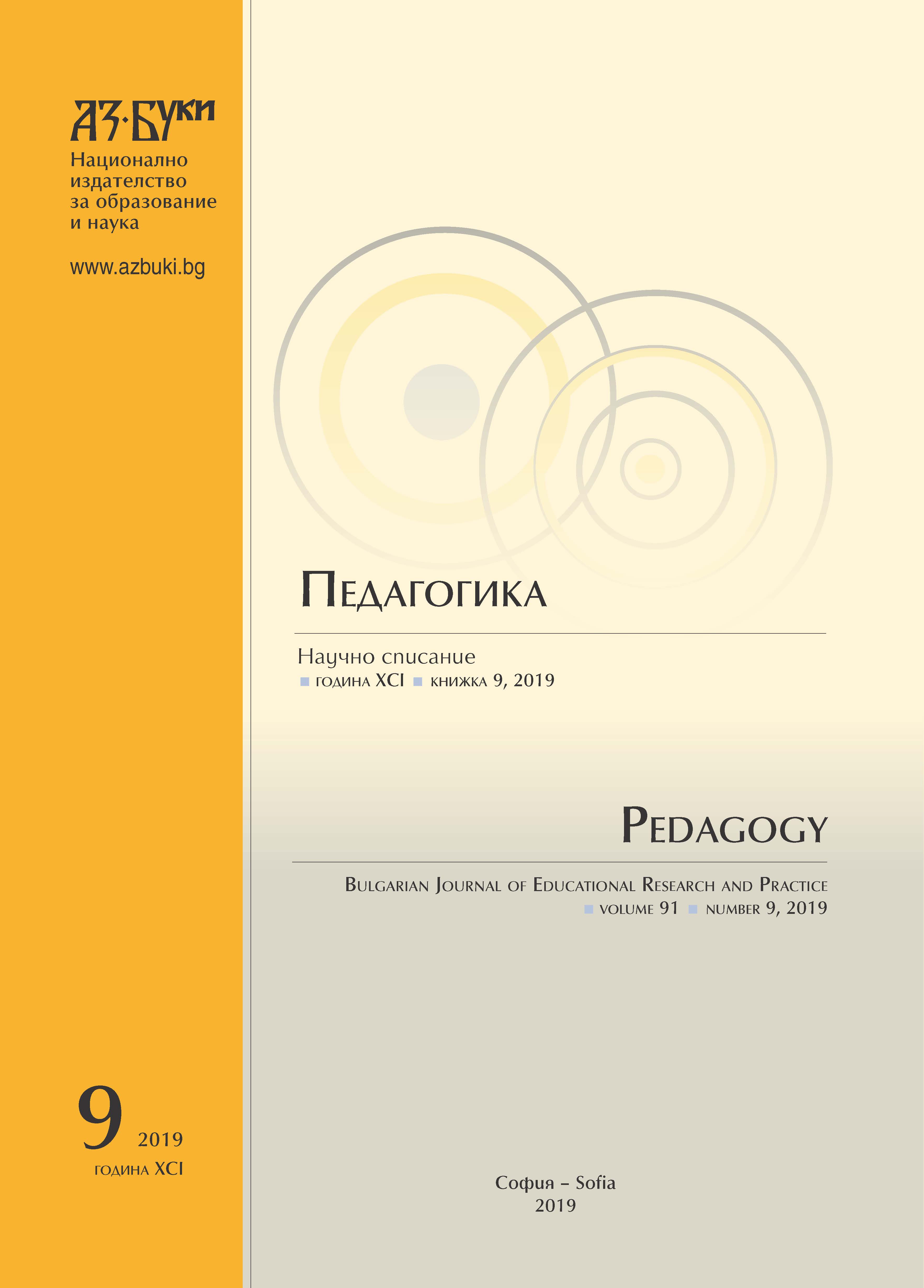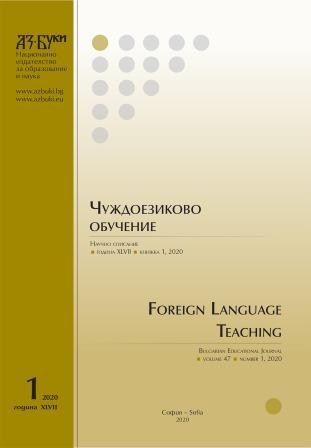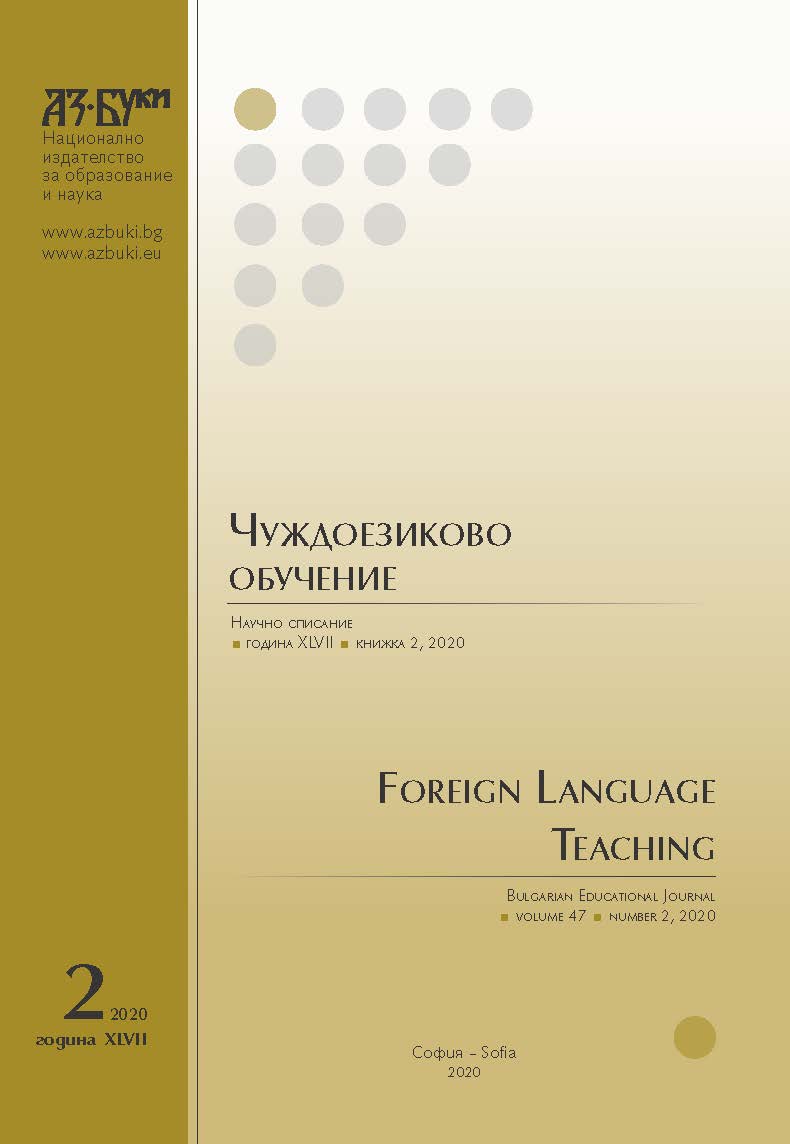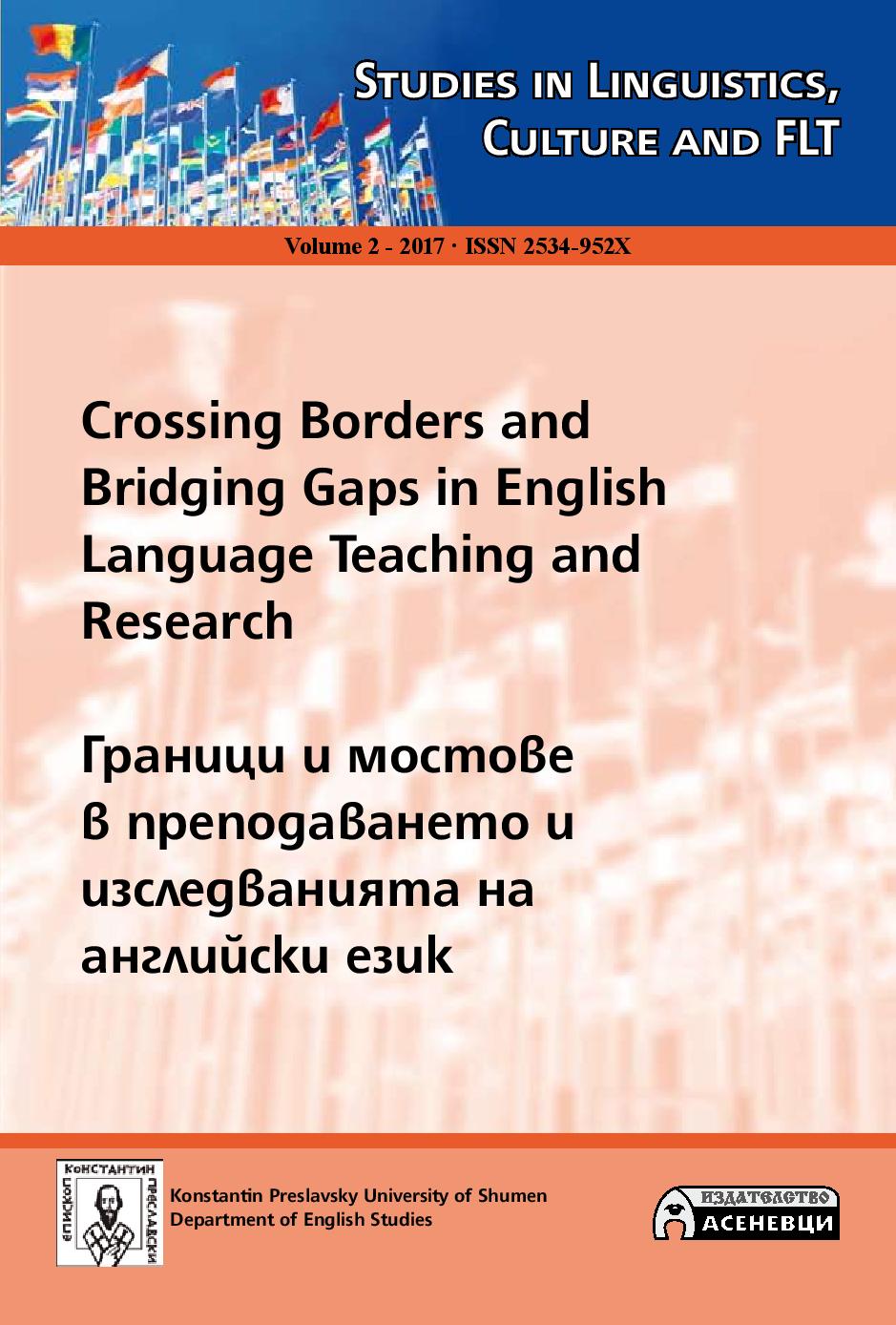
Metaphoric Transfer Of Knowledge, Cultural Experiences And Social Practices In English Language Advertising Discourse
The paper deals with metaphoric transfer of knowledge in English advertising discourse based on two- and cross-domain mappings referring to cultural conceptualizations of the world. On the one hand, text producers’ awareness of social events, as well as of people’s experiences and practices helps them in the construction of advertisements in the most intriguing and sensational way. On the other hand, text receivers are provoked and tempted by the ads deconstruction, though in some cases their unawareness of what is happening or has happened around us or in the world at large may block or hinder comprehension and thus lead to either misunderstanding of the message and their ignorance of it or to their complete indifference to it. The paper deals with all of the above mentioned issues supported by examples of English language ads and commercials. It shows in what ways multimodality related to the use of verbal and non-verbal signs works in them. The results prove the fact that the use of multimodal metaphors, especially in the non-verbal component, is supposed to trigger more emotions and feelings than the mere representation of the advertised items.
More...
